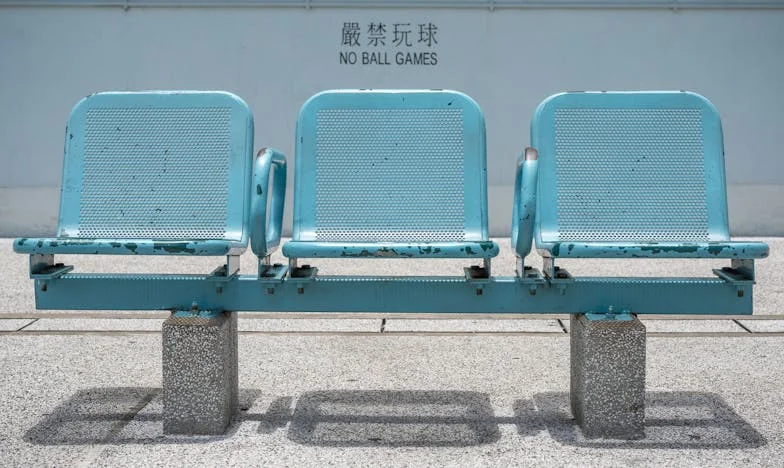Forgotten by My Mother, Fearing for My Own Child: A Story of Generational Pain and Hope
“Emily, she needs you.” My brother’s voice trembled through the phone, but all I could do was stare at the crib we’d built last weekend. It was painted a soft, hopeful yellow, but as I clutched my swollen belly, my mind was anything but hopeful.
“She never needed me before,” I whispered, more to myself than to him. But he heard it. He always did.
“Em, this is different. Mom’s dying.”
I didn’t answer. I just let the silence stretch between us, thick and unresolved, until he finally gave up with a defeated sigh. The line clicked dead. Outside, the snow kept falling—the first real snow of the year in upstate New York—which should have felt magical. But all I felt was cold.
My name’s Emily Carter. I’m 42 years old and, against all odds, I’m pregnant with my first child. My husband, Mark, is the kind of man I once thought didn’t exist—gentle, steady, with a smile so warm it could melt any winter. We tried for years, and when we’d almost given up, this little miracle happened. I should be nothing but grateful.
But it’s not that easy. Not when my mother, the woman who never really was a mother, is fighting stage four cancer alone in her apartment, two towns over. Not when the prospect of caring for her brings back every ache of being an unwanted child. Not when I’m terrified that I’ll fail my own baby in the same way she failed me.
I was eight the first time I realized my mother didn’t want me. She never said it, but you can feel these things in the way someone looks right through you, the way they forget to pack your lunch, or leave you waiting outside dance class while everyone else’s mom hugs them close. My father left early, and my brother and I learned to fend for ourselves. She was always tired, always angry, always somewhere else in her mind. I told myself she was just busy, just sad, just… something. But I never felt wanted.
“Why are you thinking about this now?” Mark asked the night I finally told him about my mother’s diagnosis. “You’re not her, Em. You’re already a better mom than she ever was.”
But how could he know that? I barely knew how to talk to my own mother, let alone care for her. What if I froze up, the way she always did with me? What if the pain she gave me is something I can’t help but pass down?
The next day, I drove to her place. The apartment complex was as dreary as I remembered. The elevator smelled like burnt popcorn and loneliness. I found her in bed, thin and pale, her hair like a gray halo. For a moment, she looked at me with eyes that seemed to recognize me, then flickered away.
“Emily,” she croaked. “You came.”
I wanted to say, “Of course I did.” But I didn’t. I sat on the edge of her bed, hands trembling. She reached for my hand and, for the first time in years, I let her hold it.
“Are you hungry?” I asked, because I didn’t know what else to say. The silence between us was a chasm filled with decades of missed birthdays and forgotten recitals. She shook her head, her lips pressed tight.
After a minute, her voice came, as fragile as glass. “I’m sorry, Emily. I know I wasn’t a good mother.”
The words landed like a stone in my chest. I wanted to forgive her, to tell her it was okay, but I couldn’t. The pain was too fresh, even after all these years. I stood up, wiped my eyes, and busied myself making her tea, just to have something to do.
I spent the next few weeks shuttling between her apartment and our house. Each visit chipped away at me, and each night Mark held me as I cried, his hands gentle on my back. He never pushed, just listened. Sometimes I hated myself for resenting her, for wanting to run away from her pain. I felt trapped—torn between the daughter I was and the mother I wanted to become.
One night, after a particularly hard visit, Mark found me in the nursery, sitting in the dark.
“I can’t do this,” I sobbed. “What if I’m just like her?”
He knelt beside me, cupped my face in his hands. “You’re not. You’re here. You’re feeling all of this because you care. That’s what makes you different.”
I wanted to believe him. But the doubt lingered, like a stain I couldn’t scrub away.
My mother grew weaker. She started to forget things—my name, the day of the week, where she was. Sometimes she thought I was her own mother, and she’d cry, begging for forgiveness. I realized then: her pain didn’t start with me. She was broken long before I was born.
The night she died, I sat by her side, holding her hand. She stared at the ceiling, her breath ragged. “Don’t be afraid, Emily,” she whispered. “You’ll be a wonderful mother.”
For the first time, I believed her. Or maybe I just wanted to. I kissed her forehead, and as she slipped away, I forgave her—not for her, but for me. I owed my daughter that much.
Now, weeks later, as I rock my newborn in the same yellow nursery, I find myself whispering promises. That I will be present. That I will love her, unconditionally. That I will break the cycle.
But sometimes, late at night, I still wonder: Can we ever really escape the shadows of our childhoods? Or do we just learn to live in the light anyway?
What do you think—can love truly heal what’s been broken for generations? Or are some scars simply too deep to fade?
